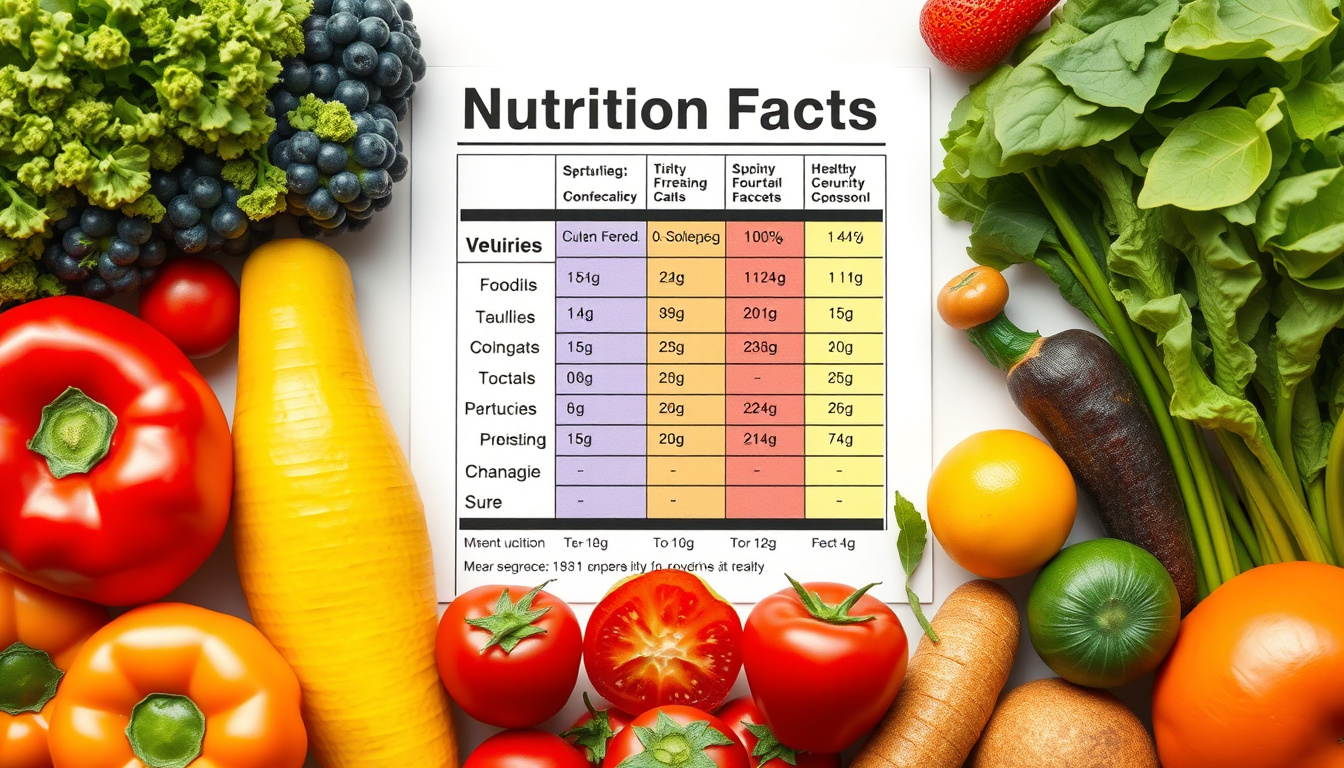In the journey to peak health and wellness, the body needs small helpers called micronutrients. Vitamins and minerals work together to keep your system strong and repair tissues. They also help your body use food energy well. In this text, we discuss micronutrients, their sources, and ways to meet your body’s needs.
What Are Micronutrients?
Micronutrients are essential vitamins and minerals that the body uses in tiny amounts. These words connect directly to how the body builds energy, fights germs, stops bleeding, and repairs cells. Without enough micronutrients, the body struggles and may show signs like tiredness, weak defense, or brain fog. While big food parts—carbohydrates, proteins, and fats—give energy, micronutrients help the body use that energy.
Why Are Micronutrients Essential for Good Health?
Micronutrients help enzymes work, send signals between cells, and support growth. Here are some reasons you need them:
- Support for the Immune System: Vitamins like C and D help the body fight off bugs.
- Bone Strength: Minerals such as calcium, magnesium, and phosphorus hold bones and teeth strong.
- Energy Building: B-vitamins change food into energy.
- Blood Health: Iron, folate, and vitamin B12 help make strong red blood cells.
- Cell Protection: Vitamins A, C, and E protect cells from damage.
Key Vitamins and Minerals You Need for Optimal Health
Below is a close look at important micronutrients and their benefits:
Vitamins
-
Vitamin A
It aids sight, defends the body, and grows cells. Carrots, sweet potatoes, and spinach are good sources. -
Vitamin B Complex
This group includes B1, B2, B6, B12, niacin, and folate. They help turn food into energy, keep nerves healthy, and build red blood cells. Eggs, meat, and leafy greens supply these vitamins. -
Vitamin C
It helps the body fight illnesses and absorb iron. Citrus fruits, strawberries, and bell peppers are rich in vitamin C. -
Vitamin D
It helps the body take in calcium for strong bones. Your skin makes it from sun rays; it is also found in some fish and fortified foods. -
Vitamin E
This vitamin protects the skin and eyes. Nuts, seeds, and vegetable oils include vitamin E.
Minerals
-
Calcium
It builds firm bones and strong muscles. Dairy products, fortified plant drinks, and dark leafy greens provide calcium. -
Iron
Iron carries oxygen in the blood and builds energy. Red meats, beans, and spinach are iron-rich. -
Magnesium
This mineral helps muscle move and nerves send signals. Nuts, seeds, and whole grains contain magnesium. -
Zinc
Zinc helps the body heal cuts, grow, and fight germs. You find it in meat, shellfish, and beans. -
Potassium
It keeps cells in balance and helps signal nerves and move muscles. Bananas, potatoes, and beans carry potassium.
How to Ensure Adequate Micronutrient Intake
It is not hard to get enough micronutrients with a careful diet. Try these ideas:
-
Eat a Varied Diet:
Fill your plate with many fruits, vegetables, lean meats, whole grains, nuts, and seeds. -
Choose Fortified Foods:
Some cereals and plant milks have added vitamins and minerals. -
Think About Supplements:
When you cannot get enough from food, ask a doctor if supplements are right for you. -
Cut Back on Processed Foods:
Foods made in factories may lack needed nutrients and add extra sugars and salts. -
Drink Enough Water:
Good hydration helps your body take in nutrients.
Top 5 Micronutrient-Rich Foods
- Spinach
- Sweet potatoes
- Eggs
- Salmon
- Mixed nuts
Recognizing Micronutrient Deficiencies and Their Signs
Not getting enough micronutrients may show in many ways. Watch for signs like tiredness, low immunity, skin troubles, or changes in mind and mood. For example:
-
Lack of Iron:
Tiredness, pale skin, and hard breathing. -
Lack of Vitamin D:
Bone pain, weak muscles, and more infections. -
Lack of Vitamin B12:
Numb hands, tingling, and thinking problems. -
Lack of Calcium:
Muscle cramps and fragile bones.
If you see these signs, talk to a healthcare worker to check your needs.
The Role of External Resources in Maintaining Micronutrient Balance
A trusted group like the National Institute of Health has guides that show daily micronutrient needs for all ages. These guides help you check that your body gets the right amount.
Frequently Asked Questions About Micronutrients
Q1: What are common micronutrient shortages?
A1: Iron, vitamin D, vitamin B12, and calcium are often low around the world.
Q2: Can pills replace a healthy diet?
A2: Pills can fill in gaps, but they do not replace good food that carries vitamins and minerals naturally.
Q3: How do micronutrients support health?
A3: Micronutrients help the body fight bugs, build energy, fix tissues, and keep cells working well.
Conclusion: Prioritize Micronutrients for Your Well-Being
Micronutrients, like vitamins and minerals, are key to strong health and keeping sickness away. They may come in small amounts, but they work hard to keep your blood, bones, and energy strong. Include many foods rich in these nutrients in your meals and stay aware of your needs. Check with a doctor if you feel changes in your health. With small, careful steps, you help your body do its best work and live well.
Take control of your health today—mix in many natural, nutrient-rich foods with every meal to meet your body’s needs for long-lasting strength and care.



